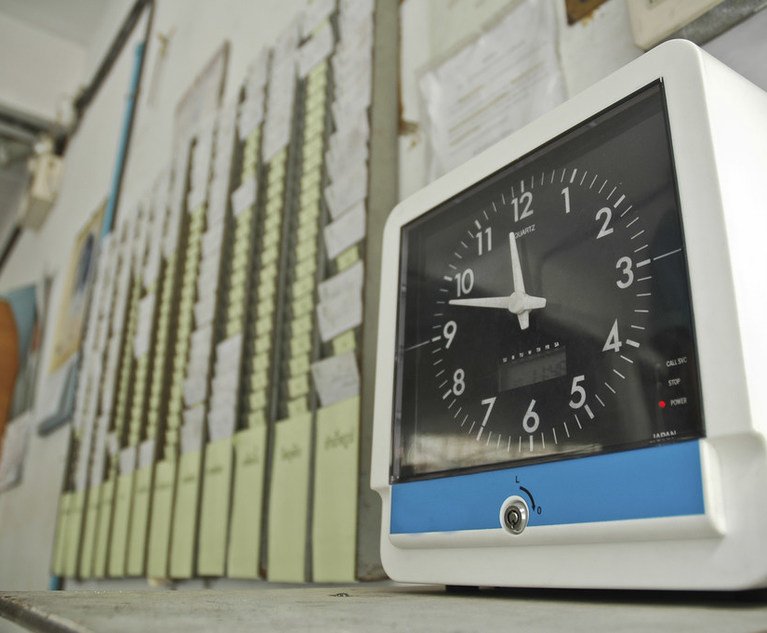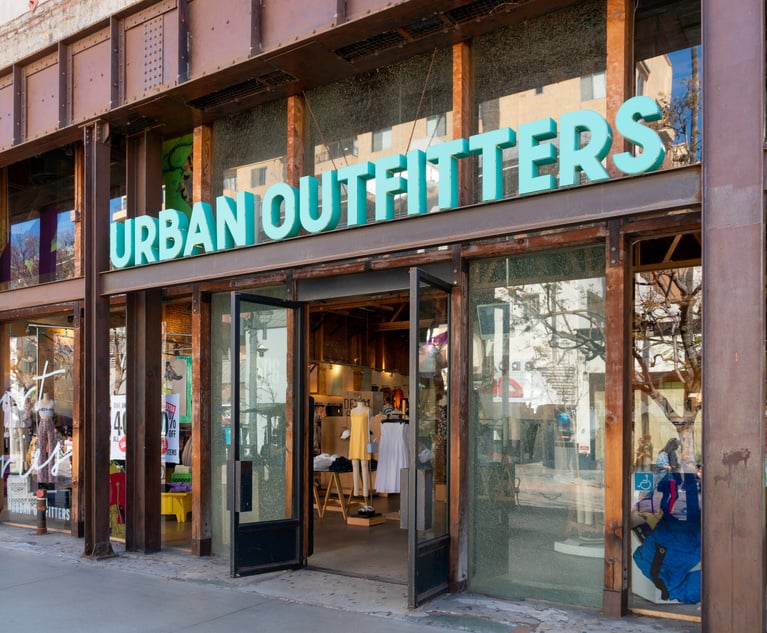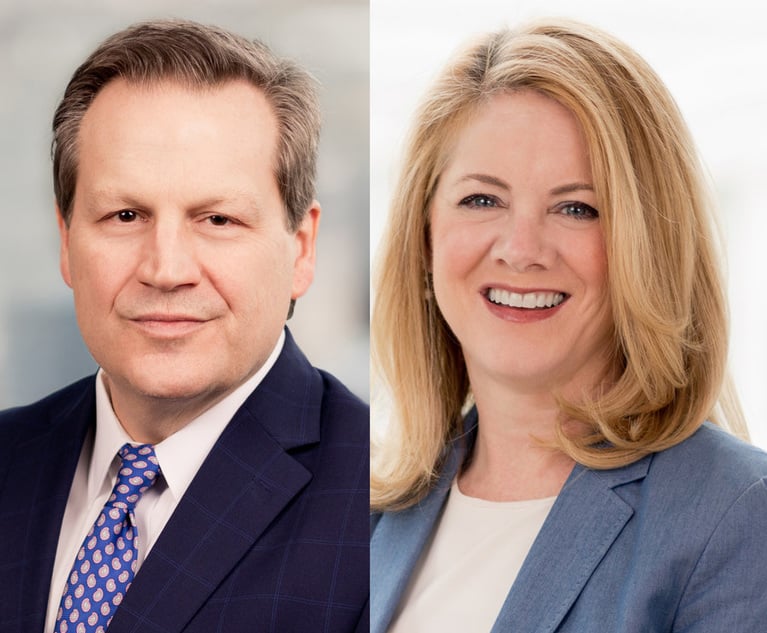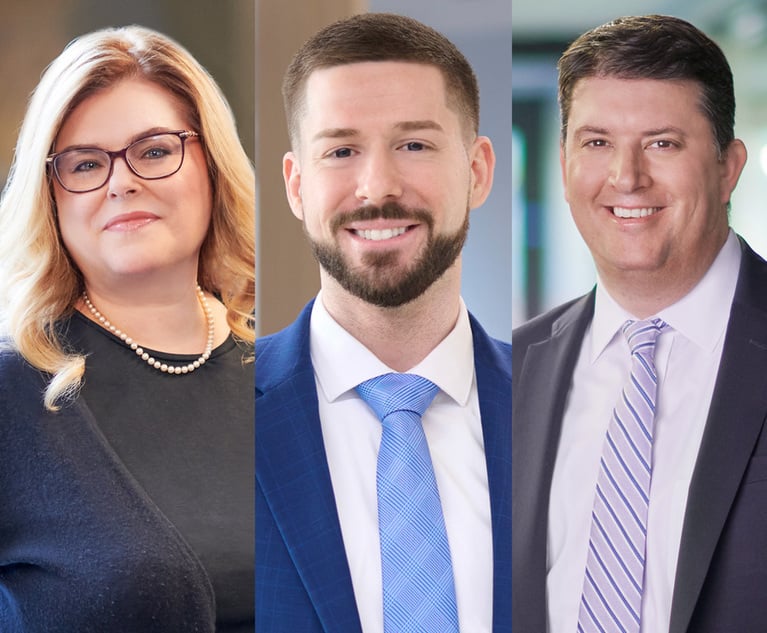In March 2020, the coronavirus (COVID-19) pandemic rapidly spread to every corner of our globe. As grocery store shelves were completely cleared of masks, hand sanitizer and gloves overnight, there suddenly became an extraordinary need for personal protective equipment (PPE) for every person in the world. Health care systems across the United States reported unprecedented shortages of PPE, which severely crippled their ability to keep health care professionals and patients safe. As rates of infection surged on a global scale, the world suddenly faced a seemingly insurmountable production challenge. Fortunately, a generous amount of assorted companies rose to the occasion. Some of these companies had no previous experience manufacturing, supplying and distributing PPE, but they understood the critical need for these supplies and adjusted their expertise. But, as they say, no good deed goes unpunished. With these acts of valor, a new problem arose—these companies needed legal protection in order to perform their altruistic services without fear of excessive exposure to liability claims. As the COVID-19 pandemic continued to spread, the pressure to implement legal safeguards for these philanthropic entities steadily mounted.
With a lack of federal guidance on this issue, states were left to fend for themselves and create their own guidelines as to how manufacturers of PPE would be protected from end users alleging they became infected with COVID-19 after utilizing their protective equipment. Pennsylvania has attempted to create its own legislation to address these issues.


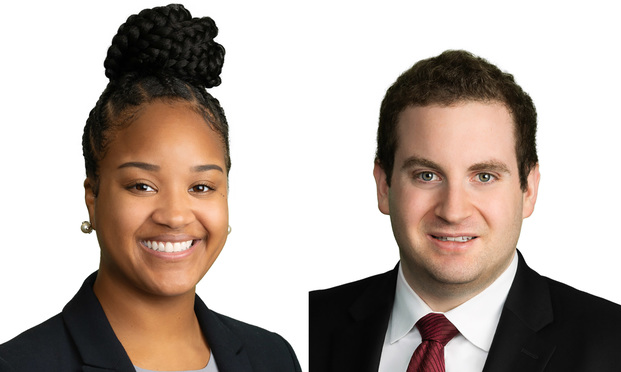 Chantal B. Norman, left, and Justin M. Schiff, right, of Marshall Dennehey Warner Coleman & Goggin. Courtesy photos
Chantal B. Norman, left, and Justin M. Schiff, right, of Marshall Dennehey Warner Coleman & Goggin. Courtesy photos
